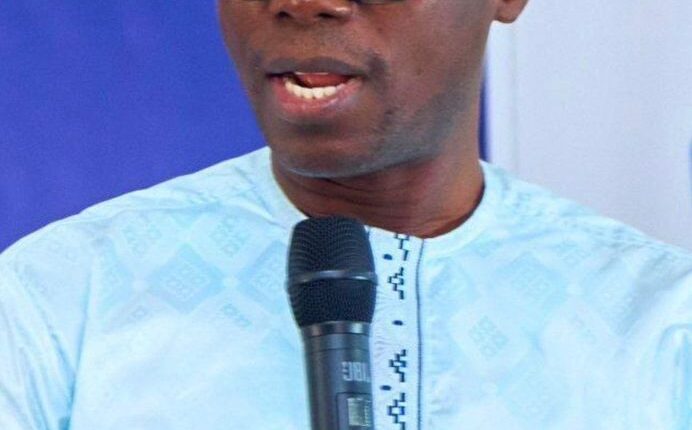The Executive Director of the Media Foundation for West Africa (MFWA), Sulemana Braimah, has said the tolerance of the police towards the Democracy Hub demonstrators shows an organisation that has departed from its history of using brute force to face as a mechanism for maintaining law and order during demonstrations.
“Professional handling of the demonstration” of the Democracy Hub group by the Ghana Police Service is “refreshing and a step in the right direction towards upholding the constitutional right of freedom of expression in Ghana,” he said.
According to him, the Dampare-led Police Service has carved a positive image for the country and its democratic credentials.
“It is gratifying to see our Police Service exercise such restraint while enforcing the law in the face of what appeared like a deliberate attempt to provoke them. This show of rare professionalism in policing certainly helps to deepen the growth of our democracy under this IGP and I will encourage him to continue with his exemplary leadership”.
In an interview with Peace FM Online on Monday 23 September, Braimah said “Elsewhere, actions such as removing the keys to police vehicle and running away with it, could have prompted actions on the part of the police that could result in loss of lives, but IGP Dampare and his team managed to avoid any such developments while making sure the laws are enforced”.
He praised the gentle but firm approach the Police Service has gone about enforcing the law and said “I am not surprised to see a lot of people commending the police for the professional handling of the demonstrations. Dr Dampare has given us a reason to be hopeful in the future”.
On Sunday, 22nd September, violent demonstrators attacked officers of the Police Service at the 37 Intersection in Accra, leading to the arrest of 42 protesters, including some of the event’s conveners.
Footage from the scene shows protesters engaging in physical altercations with law enforcement officers, pushing down police barricades and attacking personnel who were attempting to prevent the demonstrators from gathering at the busy intersection.
On Saturday, 21st September, the first day of the three-day protest, demonstrators blocked the intersection in all directions using vehicles and stones, set fires, harassed other road users, and banged on vehicles. Some protesters even took to playing football in the middle of the road, adding to the disruption.
The Ghana Police Service had earlier issued a stern warning to the organisers, describing the demonstrators’ actions as “unGhanaian, uncivil, and unlawful.”
The police statement highlighted the severe inconvenience caused to the public, including commuters being stuck in traffic for hours, people in need of medical care facing delays in reaching hospitals, and families struggling to deliver supplies to loved ones at medical facilities. Additionally, there were significant disruptions to cultural and social events, such as funerals, as well as commercial activities, with people missing flights and being unable to access their businesses.
In their assessment, the police concluded that the demonstrators had no intention of staging a peaceful protest and warned that they would not allow any gatherings at the 37 Intersection. Instead, they proposed seven alternative locations for the protest, pledging to provide security if the demonstrators complied. However, the police warned that if protesters insisted on blocking the 37 Intersection, officers would use all lawful means to ensure the free movement of traffic and prevent undue inconvenience to the public.
One of the event’s conveners, Oliver Barker-Vormawor, was seen in several video footages pushing down police barricades and removing the key from a police vehicle, which he later threw away. Although police attempted to arrest him, Barker-Vormawor fled the scene. He was declared wanted and has since been arrested by the police.
Source: Asaase News


Comments are closed.